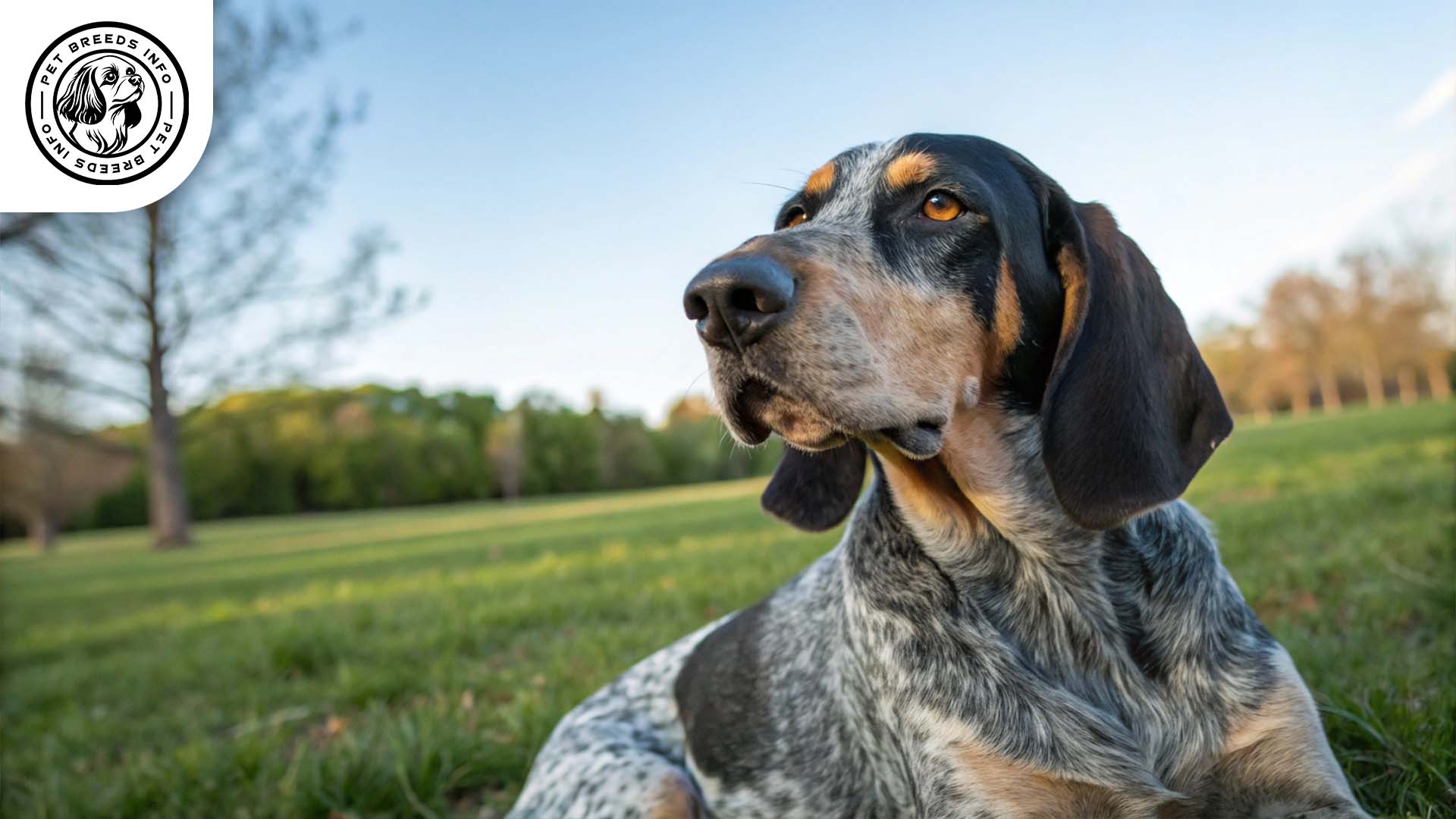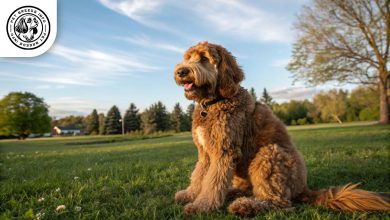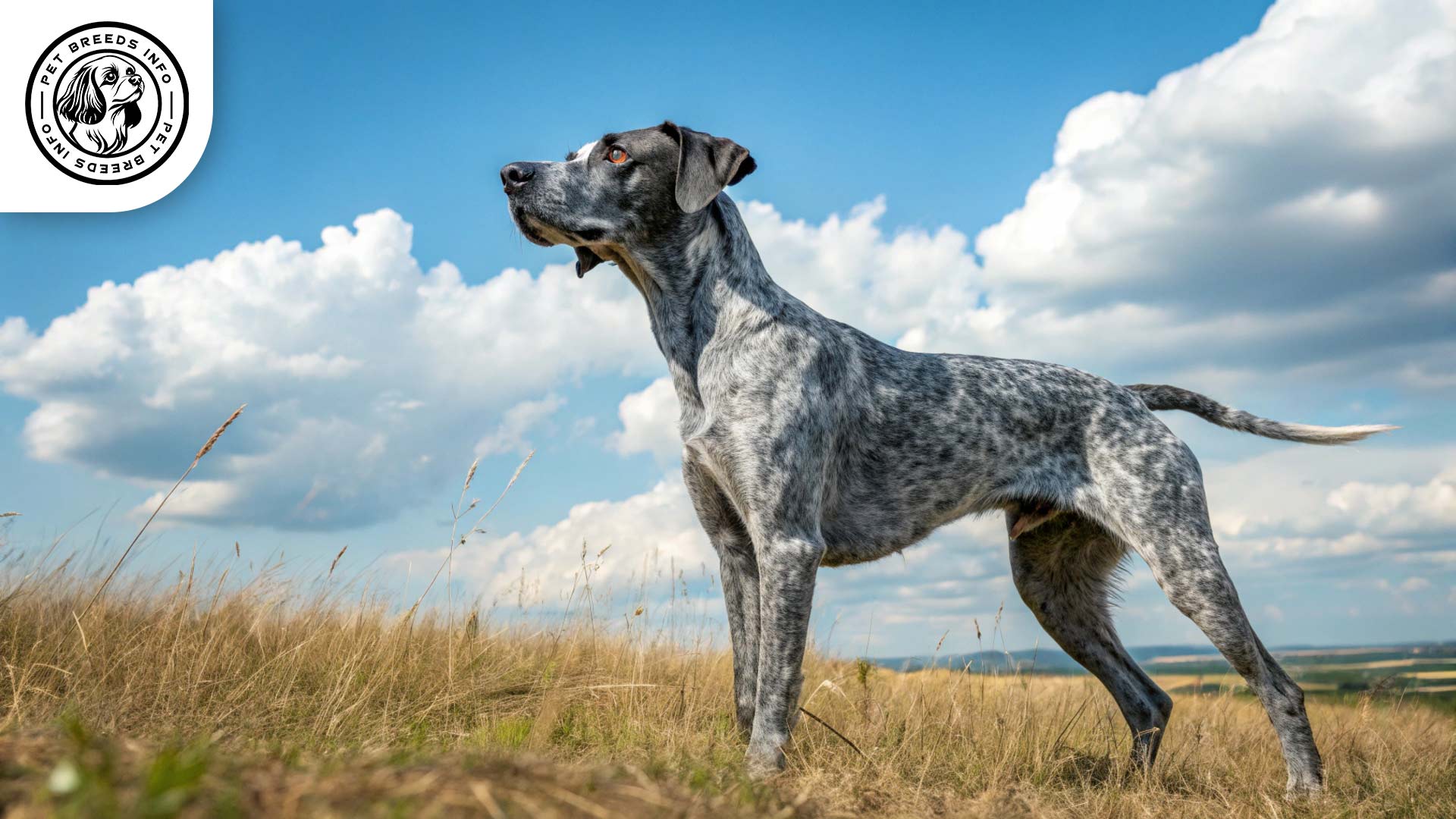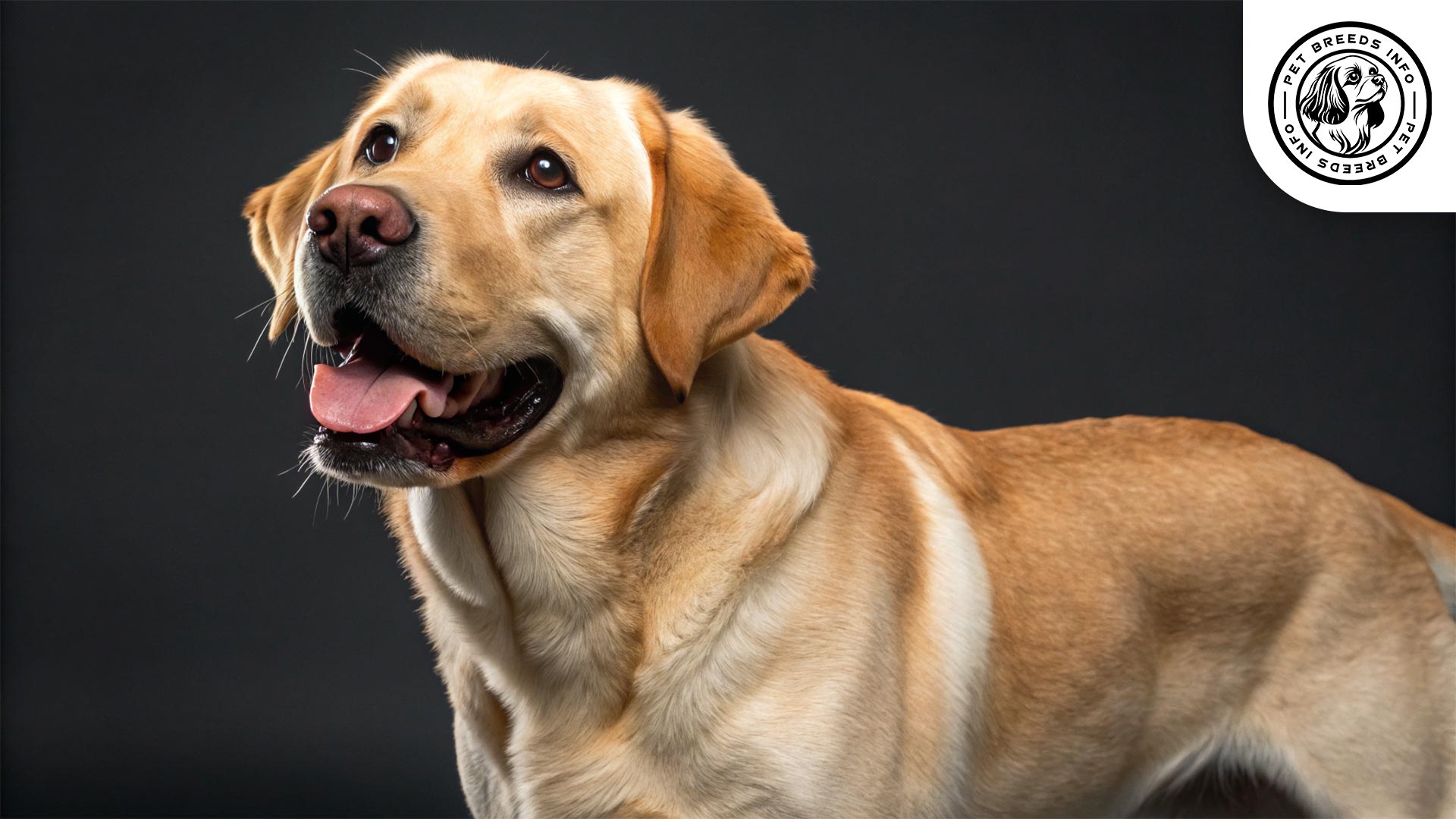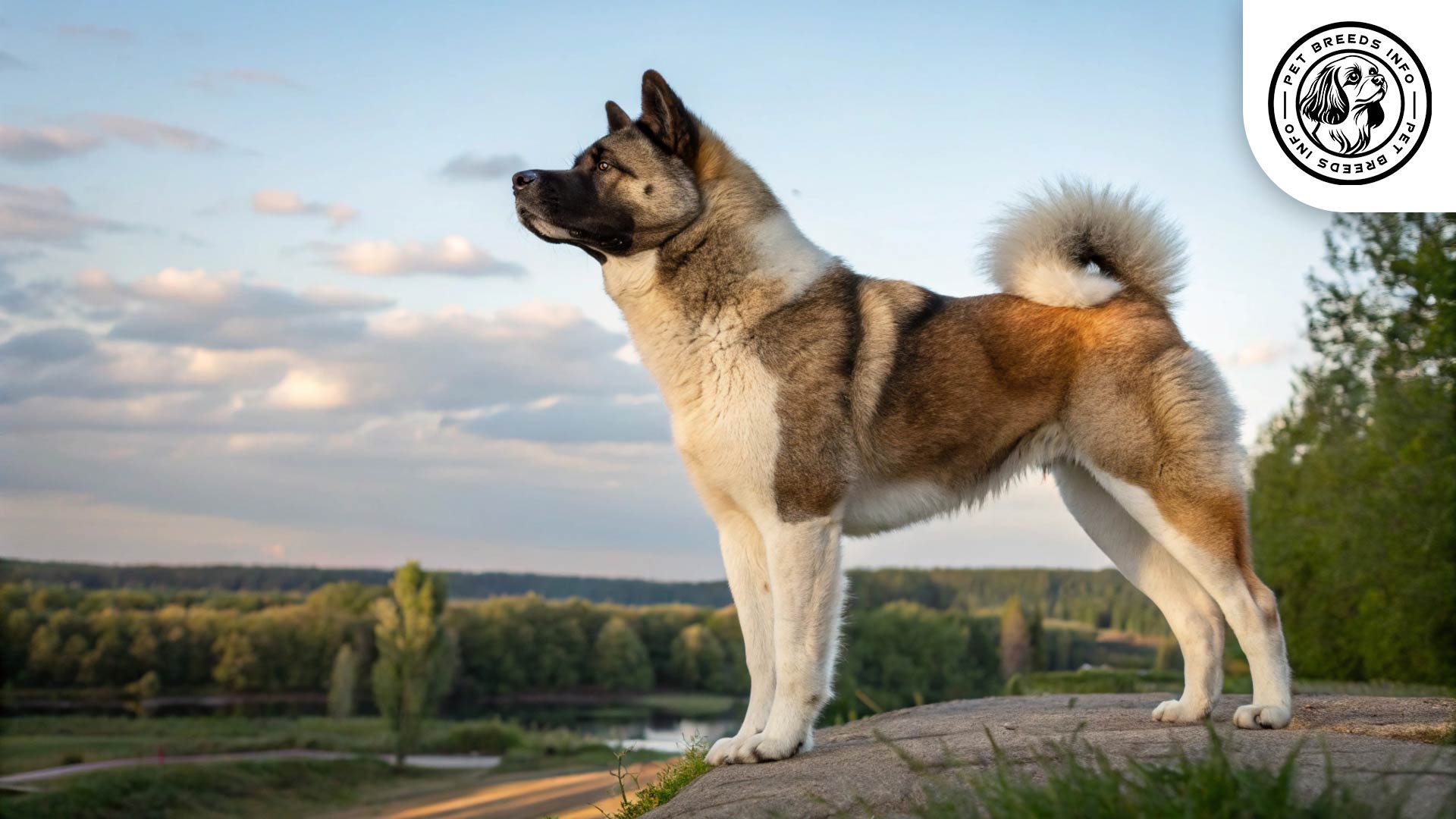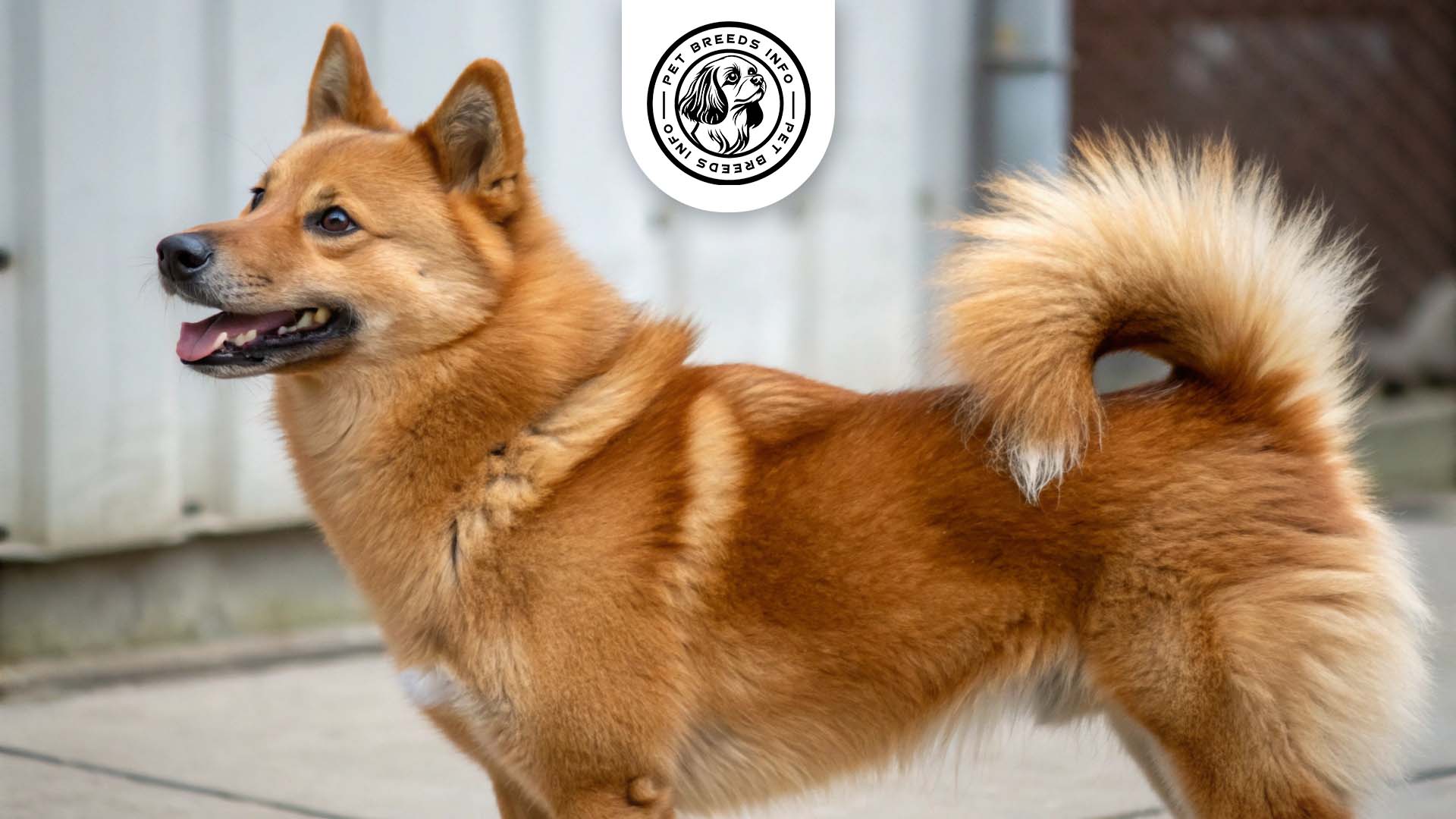Bluetick Coonhound Dog Breed : Size, Price & Personality
General Introduction of the Breed
The Bluetick Coonhound is an American breed of hunting dog known for its exceptional tracking abilities and distinctive blue and black mottled coat. The breed originated in the United States, specifically in the southern regions, where it was developed for hunting raccoons and other small game.
The breed’s ancestry traces back to French hunting hounds brought to the U.S. in the 18th century, which were then crossed with English Foxhounds and other coonhounds to enhance their tracking ability and endurance.
Table of Contents
| Weight | 45-80 lbs (20-36 kg) |
| Lifespan | 10 to 12 years |
| Diet | High-protein dry, wet, or raw diet; portioned meals to prevent bloat |
| Care | Occasional brushing, regular ear cleaning, daily exercise |
| Health | Prone to hip dysplasia, ear infections, and hypothyroidism |
| Color | Blue-black mottled coat with tan markings |
| Nature | Intelligent, loyal, energetic, independent, and affectionate |
| Price | $500 – $1,200 from breeders; lower for adoption |
Physical Characteristics
The Bluetick Coonhound is a medium to large-sized breed with a muscular build. Males typically stand between 22 to 27 inches tall and weigh between 55 to 80 pounds. Females are slightly smaller, standing 21 to 25 inches tall and weighing 45 to 65 pounds.
The coat is short, dense, and glossy, with a distinctive blue-black mottled pattern and tan markings on the face, legs, and chest.
The eyes are round and dark brown, giving the breed an intelligent and expressive look. The ears are long, floppy, and set low, typical of scent hounds. The tail is medium-length and usually carried high in an elegant curve.
Read More: Australian Kelpie Dog
Personality and Temperament
The Bluetick Coonhound is highly intelligent and quick to learn, though it can be independent and sometimes stubborn. This breed has a high energy level and requires regular physical and mental stimulation.
Loyal and affectionate, Blueticks form strong bonds with their owners, but they can also be independent. They are generally friendly with people and get along well with children, though early socialization is important.
Due to their strong hunting instincts, they may chase small animals, making early training and supervision around other pets essential.
Care and Maintenance Requirements
Blueticks require daily exercise, such as long walks, jogging, or off-leash play in a secure area. They do best in homes with ample outdoor space and are not ideally suited for apartment living.
The short coat is low-maintenance and requires occasional brushing to remove loose hair. Bathing should only be done as needed to avoid stripping natural oils from the coat.
Regular ear cleaning is important to prevent infections, as their long floppy ears can trap moisture and debris. Nails should be trimmed regularly, and dental care should not be neglected.
Read More: Bearded Collie Dog
Diet and Nutrition
A high-protein diet, consisting of high-quality dry kibble or raw food, is ideal for this active breed. Meals should be portioned carefully to maintain a lean, muscular build.
Avoid feeding them chocolate, onions, grapes, and other toxic foods. Feeding twice a day is recommended to prevent bloat, a condition that larger deep-chested breeds can be prone to.
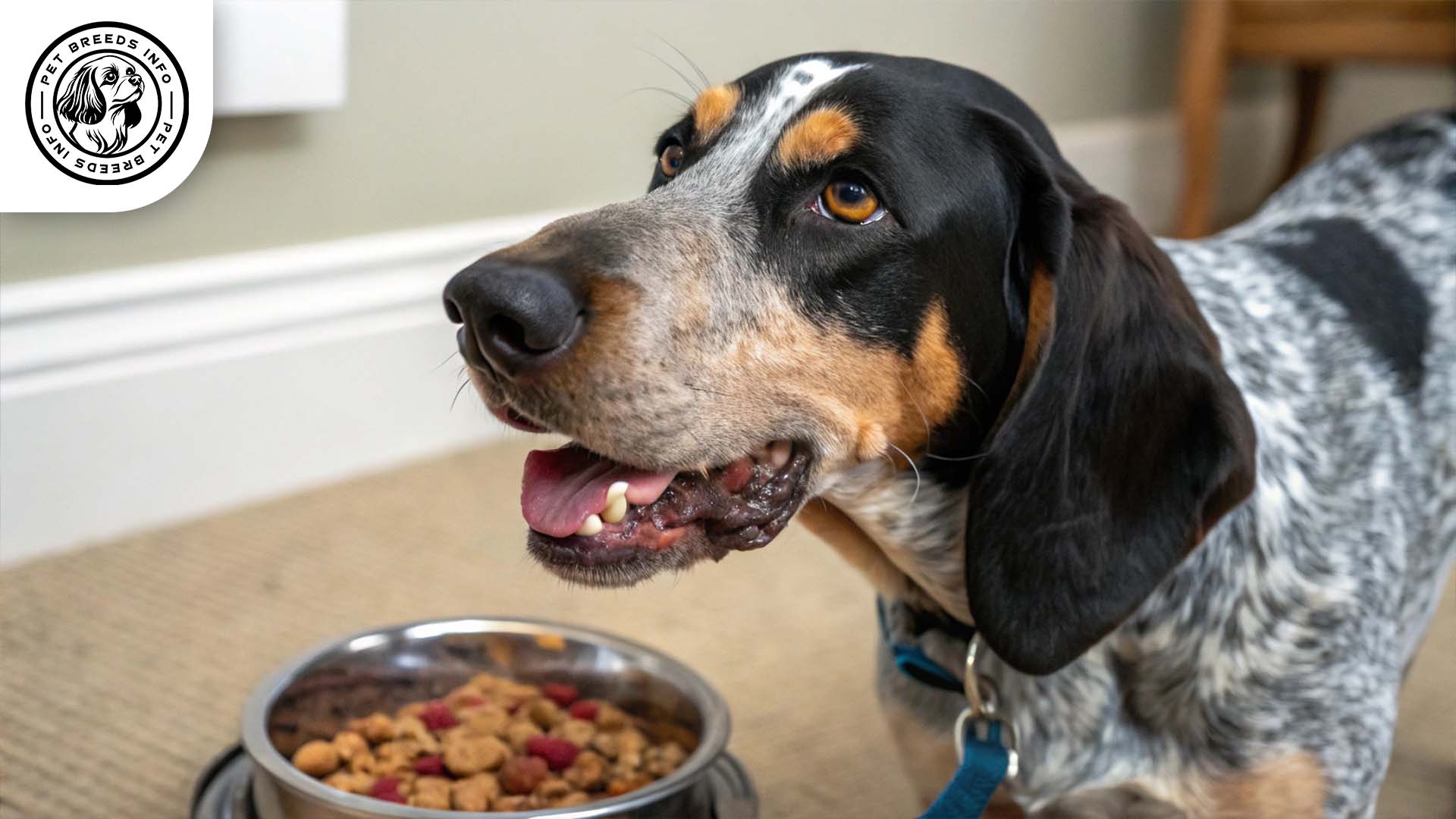
Health and Common Medical Issues
The Bluetick Coonhound is generally a healthy breed but can be prone to certain genetic conditions, including hip dysplasia, ear infections, and hypothyroidism.
The breed has a lifespan of around 10 to 12 years. Regular veterinary check-ups, vaccinations, and parasite control are essential for keeping them in good health.

Training and Behavior Management
Training a Bluetick Coonhound can be challenging due to its independent nature, but positive reinforcement techniques and consistency work best.
Early obedience training and socialization help prevent stubbornness and improve responsiveness. Since they have a strong prey drive, training on recall commands is important before allowing off-leash activities.
Read More: Belgian Tervuren Dog
Interaction with Other Animals and Humans
Bluetick Coonhounds are good with children and can be affectionate family pets. They generally get along with other dogs, especially if raised together.
However, due to their hunting instincts, they may not be the best fit for homes with small animals such as cats or rabbits. They can adapt to both family and single-owner households as long as they receive sufficient exercise and attention.
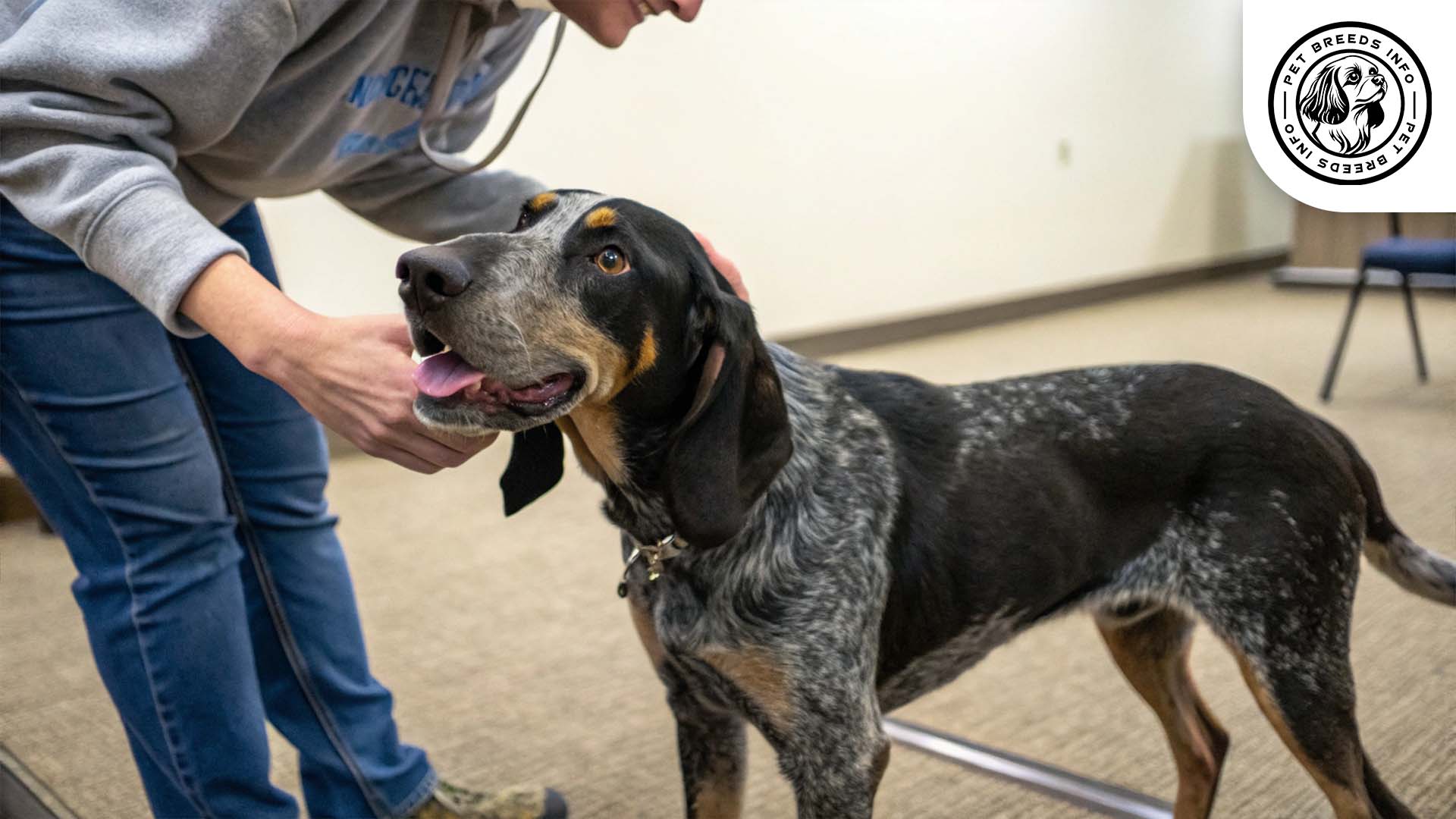
Price and Availability
The cost of a Bluetick Coonhound puppy from a reputable breeder typically ranges from $500 to $1,200. Adopting from a rescue or shelter may be a more affordable option.
Potential owners should consider the breed’s needs and adopt from responsible breeders or shelters that provide health clearances and proper socialization.
Conclusion and Final Thoughts
The Bluetick Coonhound is a loyal, intelligent, and active breed that thrives in an environment where it gets plenty of physical activity and stimulation.
It is best suited for experienced dog owners who can provide consistent training and an active lifestyle. Potential owners should consider its high energy level, hunting instincts, and grooming needs before making a decision.
FAQ
Are Bluetick Coonhounds good family pets?
Yes, they are affectionate and loyal but require regular exercise and early training.
How much exercise do they need?
At least an hour of daily activity, including walks, jogging, and off-leash play in a secure area.
Do they get along with other pets?
They generally do well with dogs but may chase smaller animals due to their strong prey drive.
How often should they be groomed?
Brushing occasionally, but regular ear cleaning is essential to prevent infections.
Are they suitable for first-time dog owners?
Not ideal; they need experienced owners who can handle their independence and energy.
